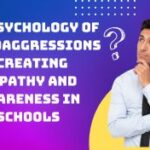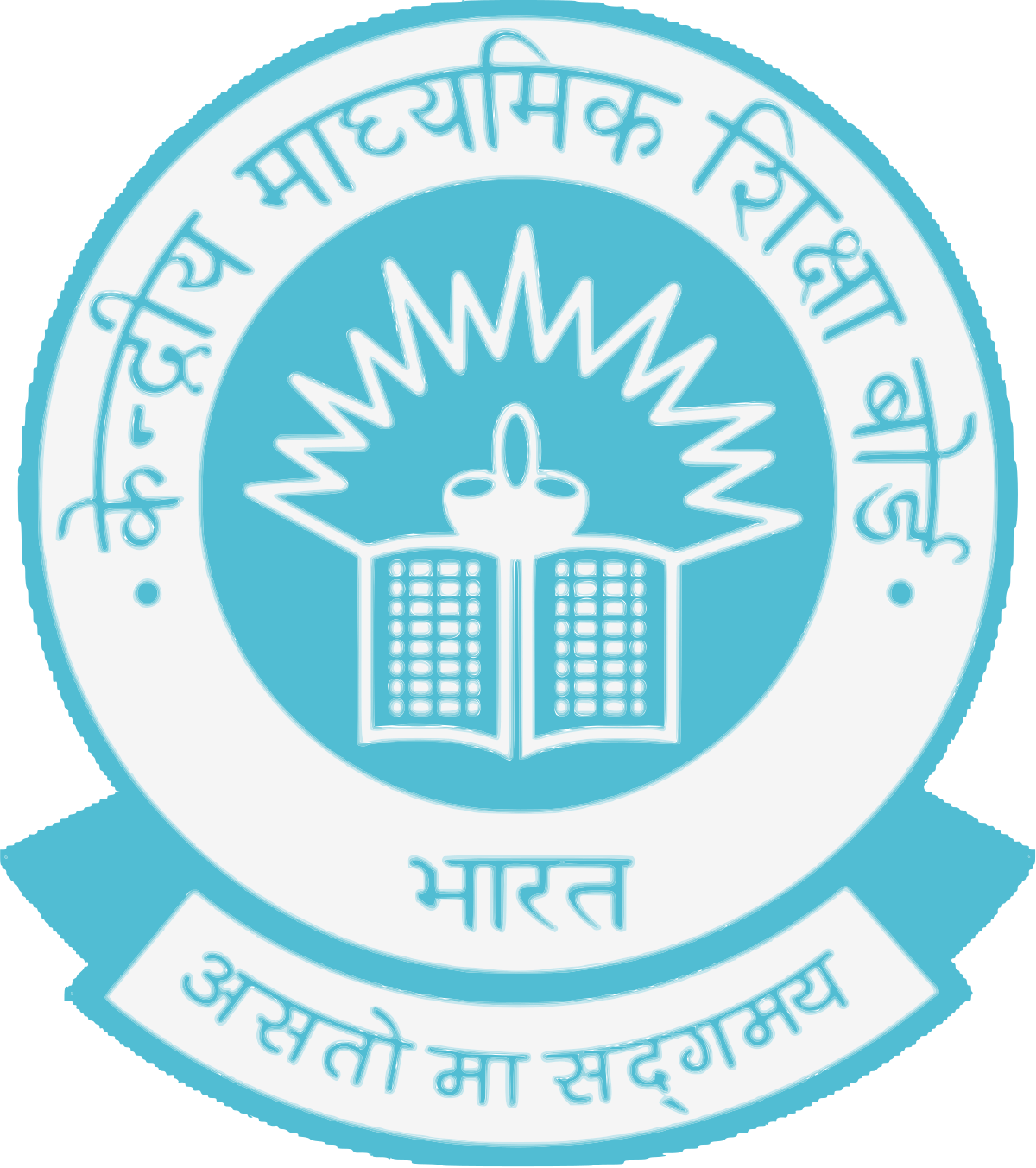How Social Rejection Triggers Physical Pain Responses
In a society that increasingly values social connection—through schools, families, and even digital platforms—our emotional health is deeply intertwined with how we perceive and experience inclusion and rejection. But did you know that the emotional sting of social rejection can manifest as actual physical pain?
At Harvest International School, a leader among the best schools in Sarjapur Road Bangalore, we understand that learning extends beyond the classroom. Our holistic approach emphasizes not only academic achievement but also emotional and psychological well-being. One emerging field that we explore with our students is the intriguing intersection of neuroscience and social psychology: the link between social rejection and physical pain.
The Brain Doesn’t Know the Difference
Scientific studies using fMRI scans have revealed that the brain regions activated by physical pain—particularly the anterior cingulate cortex and the insula—are the same regions activated when a person experiences social rejection. Whether it’s a child being excluded from a group project or a teenager not being invited to a social gathering, the brain processes these experiences similarly to a stubbed toe or a paper cut.
As one of the CBSE schools in Bangalore Sarjapur road committed to nurturing both minds and hearts, we consider it essential to help students recognize how emotional experiences, particularly rejection, affect their overall health. This understanding encourages empathy, fosters resilience, and promotes community—values at the core of our educational philosophy.
Why Does This Happen?
From an evolutionary perspective, human beings are wired to belong. In early societies, isolation from the group meant reduced chances of survival. Over time, the human brain adapted to treat social rejection as a serious threat. That’s why today, even minor social slights can cause us intense emotional distress—and even trigger physical sensations like chest tightness, headaches, or stomach pain.
This adaptive response underscores why we at Harvest International, one of the top schools in Bangalore, emphasize the importance of emotional intelligence and inclusivity as part of our everyday learning environment. Students who are socially aware and emotionally attuned are not only more successful but also more compassionate individuals.
School-Age Children and Social Rejection
Children and teenagers are especially vulnerable to the effects of social rejection. Their developing brains are highly sensitive to peer validation, and exclusion can lead to long-term consequences such as:
- Lower self-esteem
- Increased anxiety and depression
- Declining academic performance
- Withdrawal from extracurricular activities
At Harvest International School, we proactively address these challenges through programs that promote peer support, open communication, and conflict resolution.
Real-World Example: The “Cyberball” Experiment
One of the most telling studies in this area is the “Cyberball” experiment, where participants believed they were playing an online ball-tossing game with others. Unbeknownst to them, the other players were computer-generated and eventually excluded the participant from the game. fMRI scans revealed that this exclusion activated the same brain regions that respond to physical pain. The implication? Even virtual rejection can hurt—literally.
In today’s digital age, where cyberbullying and social media exclusion are common, schools must play a critical role in equipping students with the tools to process and recover from social slights. We integrate digital literacy and emotional resilience into our curriculum to address this pressing need.
How We Address Social Rejection at Harvest International
1. Peer Mentorship Programs
Our peer mentorship system matches younger students with older mentors who guide, support, and include them in academic and extracurricular spaces. This system not only helps prevent feelings of isolation but also builds a culture of belonging.
2. Empathy-Based Learning
Through role-playing, collaborative projects, and guided discussions, we help students understand the emotional experiences of others. This reduces incidences of exclusion and promotes inclusiveness.
3. Professional Mental Health Support
We offer school counselors and mental wellness workshops, giving students access to professional help when feelings of rejection and hurt become overwhelming. These services are particularly crucial in maintaining our reputation as one of the top schools in Bangalore focused on holistic well-being.
4. Celebrating Diversity and Individuality
At Harvest International, we champion diversity through cultural days, inclusive clubs, and differentiated learning. Every student is seen and celebrated for who they are, reducing the chances of feeling like an outsider.
The Physical Symptoms of Social Rejection
The physical symptoms students may experience as a result of social rejection include:
- Headaches
- Stomach aches
- Sleep disturbances
- Appetite changes
- Muscle tension
When a child complains of physical discomfort with no medical explanation, it could be a sign of emotional distress. As educators and parents, recognizing this link helps us respond with empathy rather than confusion.
As one of the best schools in Bangalore India, we train our teachers to look beyond surface behaviors and identify underlying emotional triggers—like rejection—that may be affecting a student’s performance or behavior.
Cognitive Reappraisal: Teaching Resilience
Cognitive reappraisal involves teaching children to reframe negative experiences in a more positive or constructive light. For example, a student who wasn’t invited to a party might be encouraged to think, “Maybe they had a limited guest list—it’s not about me.”
At Harvest International, we teach this skill through:
- Mindfulness sessions
- Classroom reflection journals
- One-on-one counseling
- Group discussions on emotional narratives
Such tools empower our students to transform rejection into personal growth, cementing our status as one of the most forward-thinking CBSE schools in Bangalore Sarjapur road.
The Role of Parents
We work hand-in-hand with parents to help students navigate the emotional landscape of school life. Our regular parent workshops include sessions on:
- Recognizing the signs of social pain
- Supporting children without invalidating their feelings
- Building emotional vocabulary at home
As one of the best schools in Sarjapur Road Bangalore, we understand that a strong home-school partnership is key to student success.
Digital Rejection: A Modern Concern
In today’s screen-driven world, social rejection doesn’t only happen in person. A student being unfollowed, left out of a group chat, or ignored in digital spaces can experience emotional pain akin to in-person exclusion.
Our digital wellness program teaches students how to:
- Set healthy social media boundaries
- Understand digital etiquette
- Use technology responsibly and compassionately
Our commitment to such forward-thinking practices places us among the top schools in Bangalore dedicated to preparing students for real-world challenges.
Conclusion
Social rejection is more than just a fleeting emotional experience; it has deep and measurable effects on a child’s physical and psychological well-being. Recognizing this link allows schools to become safer, more supportive spaces.
At Harvest International School, we go beyond academics to nurture compassion, inclusivity, and resilience. Whether it’s through peer mentorship, professional counseling, or inclusive curricula, we ensure every child feels seen, valued, and empowered. Our commitment to these values has rightfully earned us recognition as one of the best schools in Sarjapur Road Bangalore, among the best schools in Bangalore India, and a top contender among the CBSE schools in Bangalore Sarjapur road.
In a world where emotional and social challenges are as complex as academic ones, we proudly stand among the top schools in Bangalore, equipping students with the emotional armor to thrive in all aspects of life. Because at Harvest International, we don’t just educate minds—we nurture hearts.




